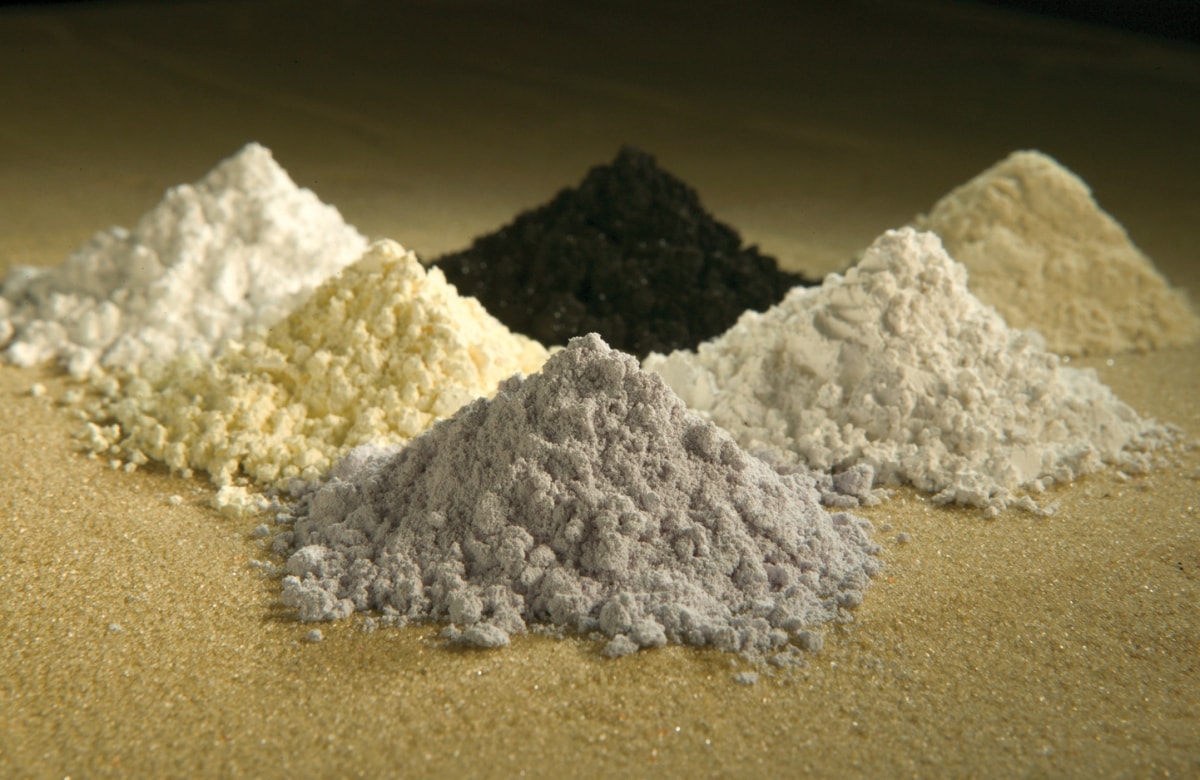As society becomes more environmentally conscious, the funeral sector is under increasing pressure to adopt sustainable practices.
On July 3, Co-op Funeralcare, a leading funeral service provider in the UK, announced that it will be the first company in the country to offer Resomation, also known as water cremation.
This innovative approach could be a more sustainable alternative to burial or gas cremation, which currently account for 20% and 80% of funerals in the UK, respectively, according to Co-op.
“With much of the research having been undertaken overseas to date, there is a strong evidence base to suggest that Resomation may be a more sustainable option than Gas Cremation,” Co-op writes in their press release announcing the new offer. “This is something which the Co-op and providers of Resomation will be working in conjunction with sustainability experts and academia to further validate and understand through an initial pilot.”
Water cremation would also be the first alternative to burial or cremation in the UK since 1902.
“For decades there have been just two main choices when it comes to their end-of-life arrangements: burial and cremation. By starting to make Resomation available in the UK, Co-op will be providing people with another option for how they leave this world because this natural process uses water, not fire, making it gentler on the body and kinder on the environment,” Resomation service Kindly Earth Director Julian Atkinson said.
According to a YouGov poll conducted on behalf of Co-op, 89% of adults in the UK adults had not heard of Resomation. However, once it was explained to them, 29% said they would choose Resomation for their funeral. Meanwhile, 17% of adult respondents who had organized a funeral in the last five years said they would have considered Resomation if it had been an option.
Do you know what Resomation is?
29% of UK adults said they would choose Resomation for their own funeral if it was available ⬇
Find out more here: https://t.co/uwcKWtxsfQ https://t.co/rvGdGXCvrr
— Co-op Funeralcare (@CoopFuneralcare) July 3, 2023
How it works
Water cremation, scientifically known as alkaline hydrolysis or resomation, is a process that dissolves the human body through the use of water, heat, and alkaline chemicals.
As the Co-op press release specifies, “each cycle takes approximately four hours. At the end of the cycle, the soft bones which are left are dried, then reduced to a white powder, similar to ash.” The ash is then “returned to relatives in a sustainable urn.”
Water vs traditional cremation
One of the key advantages of water cremation, according to Resomation, the pioneering company for water cremation in the UK, is its significantly reduced carbon footprint compared to traditional cremation.
As the organization writes, water cremation “has been independently shown to have the lowest and indeed little environmental impact at all compared to burial and flame cremation.”
This reduction is achieved through the decrease in fuel consumption associated with the combustion process, making water cremation a more sustainable choice.
Realted Articles: Fossil Fuel Consumption Subsidies Hit All-Time High in 2022: Will We Ever Abolish Them? | EU Calls World to Climate Action: Phase-Out Fossil Fuels Ahead of COP28
Moreover, water cremation also addresses concerns related to mercury emissions, which have been associated with traditional cremation methods.
Dental amalgams (a dental filling material), which contain mercury, are often present in human remains, and during the incineration process these mercury emissions can contribute to air pollution. With water cremation, the mercury can be captured and safely recycled, further reducing the environmental impact of cremation.
Not entirely new
While Co-op Funeralcare will be the first funeral service provider in the UK to offer water cremation, the practice is not entirely new. It has been gaining traction in other countries, such as Canada, many American states, and South Africa, where it is already legal and widely used.
Water-based disposal has garnered significant attention worldwide, and one prominent advocate of this approach was Archbishop Desmond Tutu, the late anti-apartheid campaigner.
His adoption of water-based disposal has brought increased visibility to the practice.
“We have seen interest in water-based disposal build in many countries, with Archbishop Desmond Tutu being the most high-profile person to recently use this method,” said Professor Douglas Davies from Durham University. “The reduced carbon footprint that may come with Resomation compared with other forms of body disposal, means it will no doubt be of interest to many people as the practice is increasingly made available in the UK.”
As water cremation gains momentum and acceptance worldwide, it holds the potential to become a more environmentally conscious alternative to gas cremation or, as Co-op put it, “to revolutionize the way we say goodbye to loved ones.”
Editor’s Note: The opinions expressed here by the authors are their own, not those of Impakter.com — In the Featured Photo: Co-operative Funeralcare in the UK. Featured Photo Credit: Wikimedia Commons.














